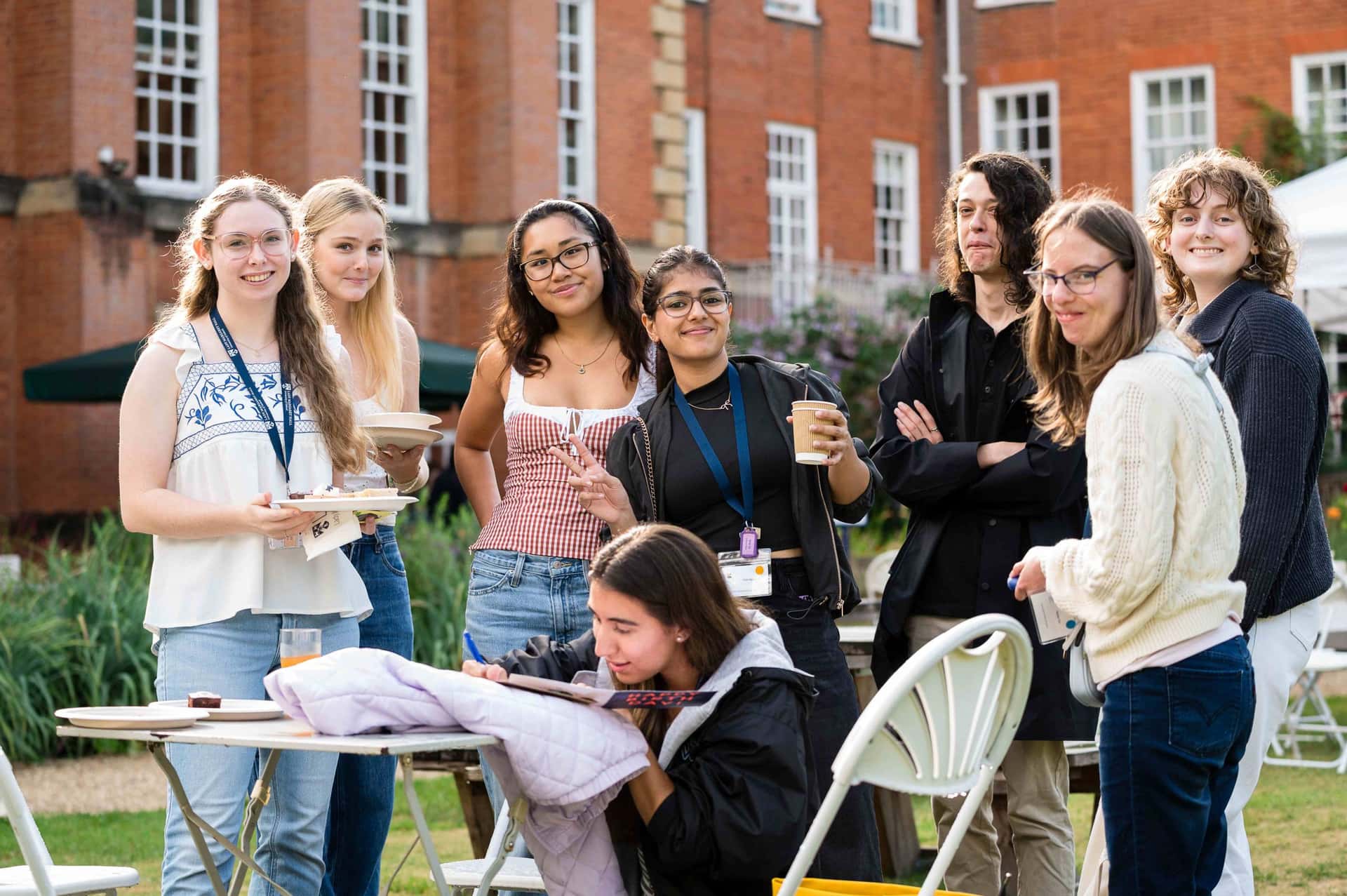Global Perspectives on Public Health: A Survey of Core Concepts and Applied Practice summer course in Oxford, by Lady Margaret Hall University of Oxford.

While clinical medicine deals with the health of the individual, public health is concerned with the health of the population. The UK Faculty of Public Health defines public health as “the science and art of preventing disease, prolonging life, and promoting health through the organised efforts of society.” The recent COVID-19 pandemic acutely underscored the key functions public health professionals play in considering, designing, implementing, and evaluating interventions at the population level. If you are interested in thinking about complex problems touching all aspects of society, or are considering a career in public health, medicine, or public policy, this course can provide a valuable starting point in your journey.
First, students will be introduced to the five core “pillars” of public health practice: biostatistics, epidemiology, environmental health, health policy and management, and social and behavioural sciences. While many public health professionals specialise in one of these areas, a well-rounded understanding across these pillars is seen as essential to public health practice. Lectures and seminars will cover key concepts and real-world examples with seminars focusing on the critical evaluation of real studies within each core area. The second part of the course will focus on applying these skills to case studies covering key public health issues from around the world.
By the end of the course, students should have a basic framework through which to approach, and consider, key issues in public health – issues that are often complex and require balancing of competing priorities, difficult trade-offs, and externalities. We aim for students to leave this course with an understanding of how to approach this complexity, the basic tools at their disposal, and an understanding of how the consideration of real-world examples can help to inform their future practice. We will also ensure students are informed about what they can do in the future to continue to grow and advance their knowledge in the space.
LMH Summer Programmes are designed and delivered by experienced academics from Lady Margaret Hall and across the University of Oxford, and are taught using the Oxford teaching model, which emphasises personalised small-group learning.
In a series of thought-provoking lectures and lively seminar discussions you will learn about cutting-edge research, expand your core knowledge, and explore new ideas and concepts among peers with diverse international perspectives and academic backgrounds.
Tutorials, the conclusion of each week’s study, are an intellectual thrill. They are a unique opportunity for focused and personalised attention from an expert academic and a space for enthusiastic debate of important ideas. Alongside no more than two to three other students, you will present and discuss your work, accept constructive criticism, and engage with the ideas of your fellow students. These rigorous academic discussions help develop and facilitate learning in a way that cannot be done with lectures alone.
On a three-week LMH Summer Programme students produce one piece of assessed work every week, which is submitted to the tutor and then discussed in a tutorial. At the end of each week you will receive a percentage grade for your submitted work. Each week’s work counts for a third of your final percentage grade, so your final grade is an average of the mark received for each piece of work. Students who stay for six or nine weeks will receive a separate grade for each 3-week course.
Lady Margaret Hall will provide a transcript of your assessed work, and can send this directly to your home institution if required. LMH Summer Programmes are designed to be eligible for academic credit, and we will communicate with your home institution to facilitate this as needed. As a guide, we recommend the award of 15 CATS / 7.5 ECTS / 4 US Credits for each 3-week course.

Experience Oxford University’s world-renowned tutorial teaching system, explore fascinating subjects with experts in the field, and gain new skills to take you further in your future academic or professional career.
View more